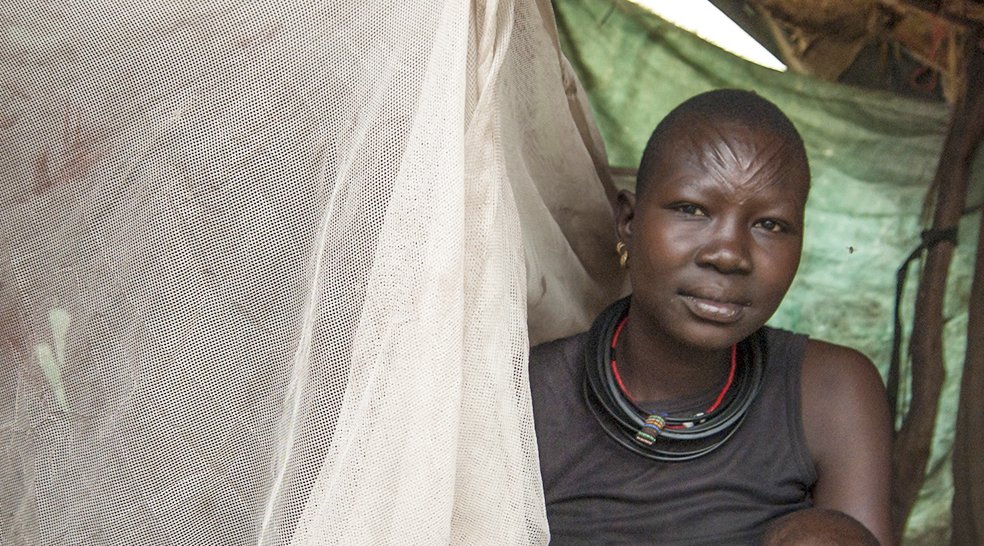Dengue and Chikungunya are viral infections transmitted by mosquitoes causing fever and debilitating joint pain.
What is Dengue?
Dengue is a viral infection transmitted by female mosquitoes and is common in warm, tropical climates. The symptoms range from extremely mild to severe flu-like symptoms, along with muscle and joint pain, nausea and vomiting.
In some cases, people develop severe dengue, which can lead to complications associated with severe bleeding and organ impairment. Severe dengue can occasionally be fatal.
There is no treatment for the infection itself, but the symptoms can be managed.
Key stats - Dengue
-
~50% of the world's population
is at risk of dengue
-
Estimated 100-400 million
infections occurring each year
-
Cases increased
from 500,000 in 2000 to 5.2 million in 2019
What is Chikungunya?
Chikungunya is a viral disease transmitted by infected mosquitoes. It causes fever and severe, debilitating joint pain. Infection may also cause muscle pain, headaches, nausea, fatigue and rashes.
There is no current cure for Chikungunya. Treatment is focused on relieving the symptoms using anti-fever and pain medication.
The disease mostly occurs in Africa, Asia and India.
Key stats - Chikungunya
-
60+ countries
have reported outbreaks across Asia, Africa, Europe and the Americas
-
Eight million cases
cases were reported 2004 - 2017
Coalition partners
World Mosquito Program
The World Mosquito Program helps to protect communities around the world from mosquito-borne diseases.
